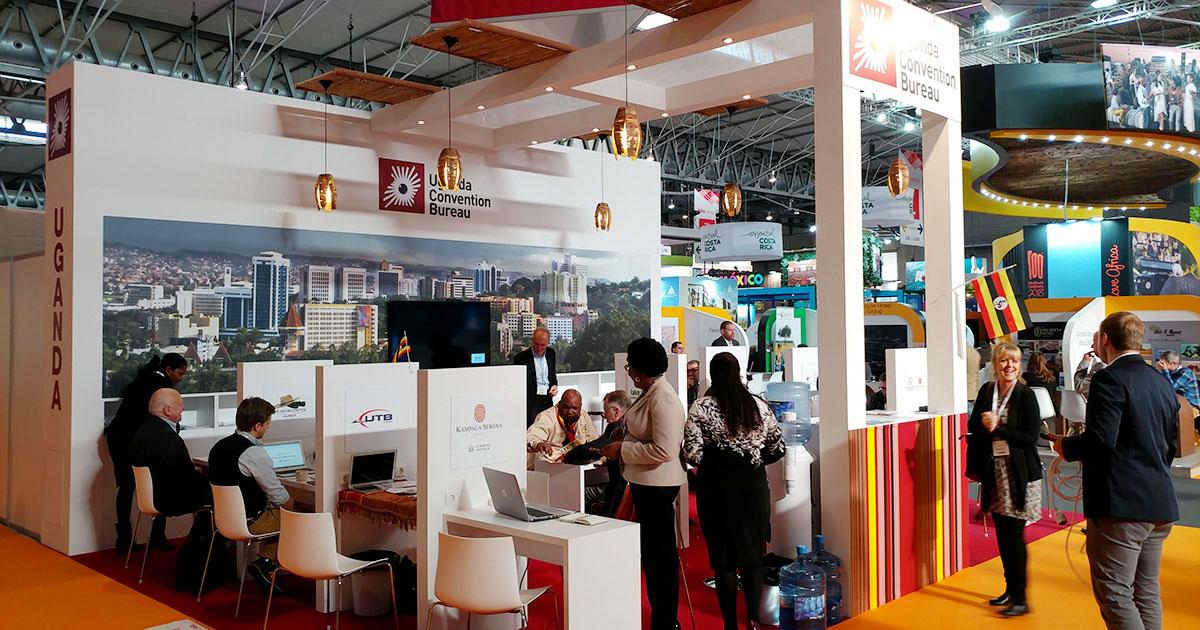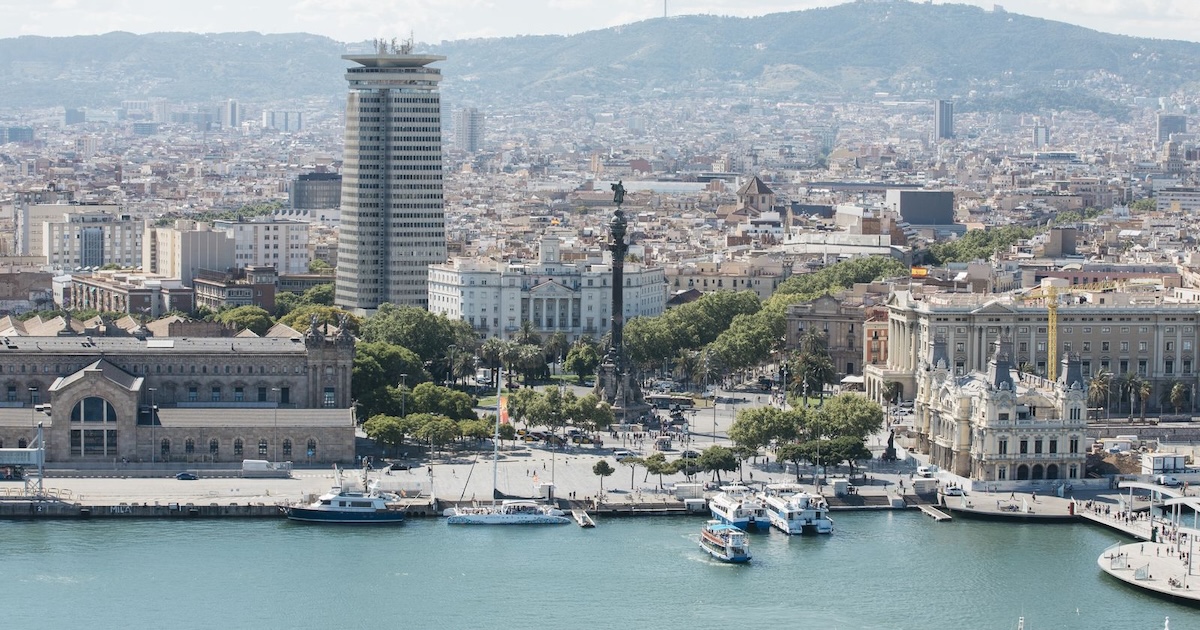Attendees to IBTM World got an amusing start to the event's second full day as keynote speaker Duncan Wardle prompted odd situations between attendees--the Russian guy next to me was tasked with improvising a faux origin story ("it's the family business," he said) to a quirky hypothetical (play the role of a bee sex therapist being interviewed by a reporter)--while preaching the value of creativity and developing new ideas. In the course of this, a specific turn of phrase snagged my attention.
"Diversity is innovation," stated Wardle, former vice president of innovation and creativity for Disney.
That got me thinking about all of the exhibitors at the show representing developing countries that I'd not previously encountered at meeting industry events.
Rather than ask about square footage of meeting space or the total number of guest rooms, I instead focused on getting a glimpse into sustainability at some such destinations--this in advance of an afternoon press conference launching Positive Impact Events' IBTM World 2018 sustainability report.
(Visit https://www.positiveimpactevents.com/positive-impact-ibtm-world/?rq=Ibtm to request a copy).
A commonality between representatives from Rwanda and Kazakhstan emerged: Sustainable infrastructure requires investment, yet to get investment, it's best to be able to show the value of sustainable options, they shared. It's not quite a chicken-or-the-egg scenario, but with Rwanda, a country experiencing an anticipated 7+ percent annual growth, Pudence Rubingisa, managing director of the Intare Conference Arena, said greater or at least more specific investment is essential to establish a thriving green energy landscape.
Rassul Ilimbayev, head of international cooperation and MICE-tourism department for the Astana (Kazakhstan) Convention Bureau, explained several photovoltaic (solar) arrays are being constructed in the south of Kazakhstan and near Astana, the capital city. Further, the country boasts locations that would be ideal for harvesting wind energy. He said following a green power expo held in Astana last year, interest locally has grown a lot.
In Uganda, most hotels use solar power to heat water--more remote venues, such as lodges in and around national parks, are even fully solar, representatives said.
"My country is powered by hydro and solar power," said Rosemary Kobutagi Twinomugisha, head of the Uganda Convention Bureau, citing the nation's harnessing the power of the Nile River and being home to the largest solar array in East Africa.
Bonifence Byamukama, managing director of Lake Kitandra Tours & Travel and former president of the Uganda Tourism Association, added, "One of our core goals is sustainable tourism, but the local people need to see the economic benefit of sustainable development in order for it to grow."
I left those discussions excited that green power--a high-level sustainability effort--is, at the very least, in the awareness of developing countries, if not actually being implemented already. And while the sustainability picture is far from rosy or complete, green power is a significant start to what will hopefully be more thorough, widespread sustainability efforts throughout the international meeting and event industry.
Glimpses into Developing Markets at IBTM World
A commonality between representatives from Rwanda and Kazakhstan emerged: Sustainable infrastructure requires investment, yet to get investment, it's best to be able to show the value of sustainable options.
November 28, 2018

ADVERTISEMENT
ADVERTISEMENT
YOU MAY ALSO LIKE
Important changes coming to MPI’s Certificate in Meeting Management program in April will elevate your learning experience and future.
Meet Jennifer Lucio Vargas, CMP (MPI South Florida Chapter), founder, president and CEO of 305 Communications and Events, recognized as MPI’s Volunteer of the Month for January 2026.
What are the biggest barriers meeting professionals face when trying to reduce food waste at events and how can they be overcome? Event industry sustainability experts weight in.
From intentional relaxation zones to increased personalization, learn about wellness event trends you should be watching right now.
MPI’s 2026 European Meetings & Events Conference—21-24 February in Barcelona—is not just about discussing trends, but experiencing how a destination brings them to life, says Christoph Tessmar, managing director of the Barcelona Convention Bureau.






